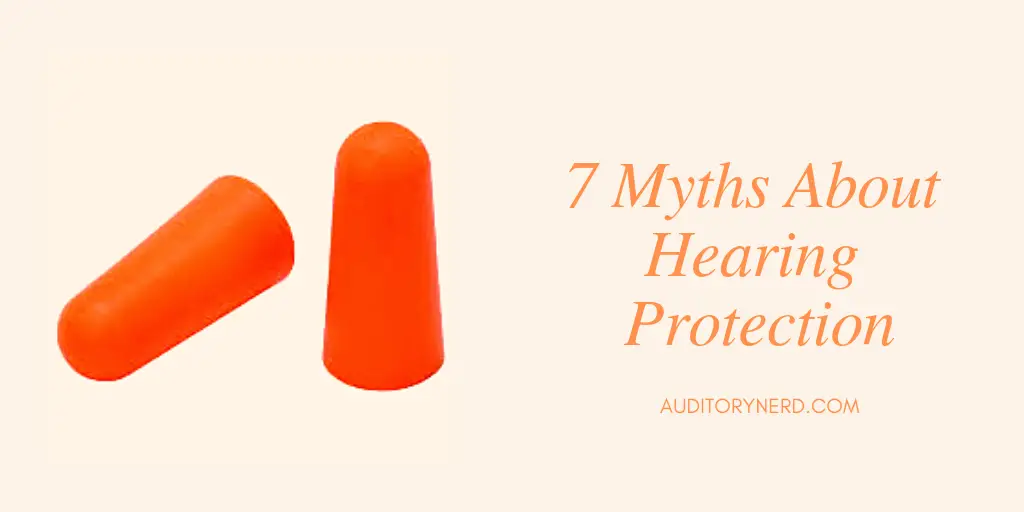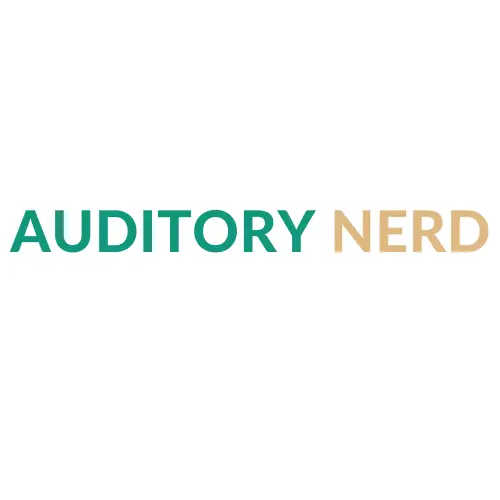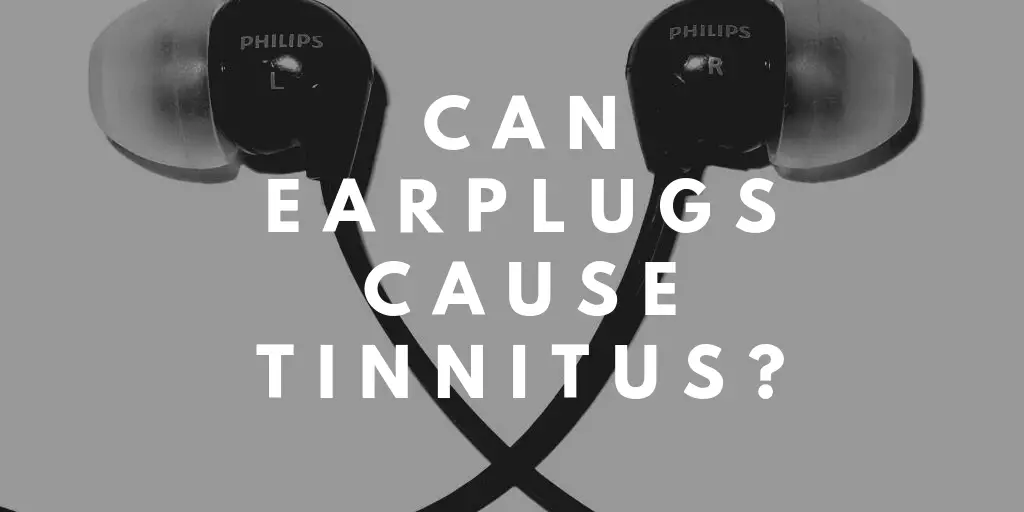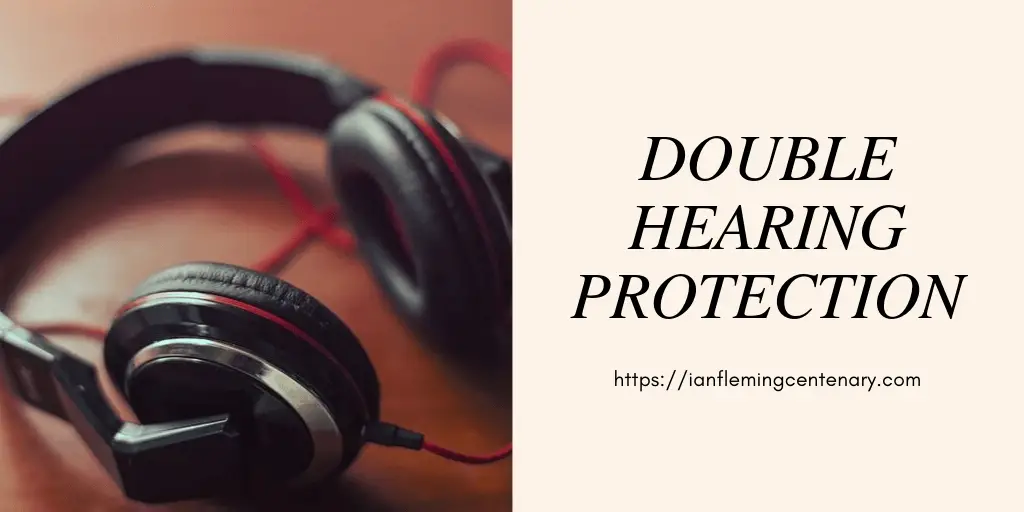7 Myths About Hearing Protection
If you spend a lot of time in noisy environments, you need to wear hearing protection. Since the hearing protection devices have been around for a long time, they are surrounded by many myths. These myths include:
You don’t need hearing protection if you have been working around noise for a long time.
Some people have the notion that since they have been working in noisy areas for a long time, they don’t need to start wearing hearing protection.
Most of these people think that their ears have become strong enough to be affected by the noise.

There is nothing that is further from the truth than this. You should note that your risk of damaging your ears is unrelated to your perceived ear “toughness.”
This means that even if you have been working in noisy areas for years, you are at the same risk of developing noise-induced hearing loss (NIHL), just like any other person who has never been exposed to the noise.
The sure way to protect yourself and be on the safe side is to wear earplugs, earmuffs, or any other hearing protection devices that you might be having at your disposal.
As a rule of thumb, ensure that the pieces you go for are high quality and ideal size for your ears.
Earplugs cause infections
If you are new to wearing earplugs, you must have come across information that earplugs cause infections. While this is a popular myth, studies show no higher incidences of earplugs wearers compared to the other people in the world.
In fact, you are more likely to get ear infections from swimming in contaminated water than when you are using earplugs. While this is the case, you should note that old, dirty earplugs cause infections.
You are also likely to get infections when you share the pieces. For you to be on the safe side, you should dispose of old dirty earplugs as soon as possible. Also, never share earplugs with other people.
You don’t have to wear hearing protection devices if you have lost some hearing.
This is wrong. There are plenty of benefits that come with wearing hearing protection devices (HPD). The first one is that you protect yourself from developing temporary noise-induced hearing loss by wearing the devices.
The devices might also make a hearing loss you are experienced to recover before becoming permanent.
While wearing the protection devices might not restore normal hearing, they can protect you from experiencing additional hearing loss.
This means that regardless of whether you have lost some hearing or not, you should wear hearing protection devices whenever you will be exposed to a lot of noise.
Custom earplugs provide better noise protection than other earplugs.
Custom earplugs are pieces that are designed for your specific ears. While they can provide your ears with better noise protection, their effectiveness depends on the condition of the ear canal and condition of the earplugs.
Non-custom earplugs depend on the expanding foam and flexible flanges to provide a noise-blocking seal. On the other hand, custom earplugs should fit tightly in the ear canal to provide the needed protection.
This means that small changes in the ear canal might lead to an acoustic leak that allows more noise to bypass the earplug.
While the custom earplugs are more comfortable and can provide a better noise protective seal, you need to ensure that they are in good condition all the time.
This calls for you to visit a doctor regularly for inspection. If the pieces aren’t fitting properly, you should get new ones as soon as possible.
You only need to get a hearing aid, and everything will be alright.
Some people don’t care about protecting their hearing as they deem that they will wear hearing aids, and their problem will be fixed.
Unfortunately, this isn’t the case. Unlike glasses that restore normal vision, you can’t restore normal hearing with hearing aids.
Noise-induced hearing loss doesn’t make the sounds softer, it distorts them. This means that no type of hearing aid will fix the problem.
The hearing aids make use of the hearing that you have. This means that if you have destroyed it with noise, you won’t have much to work with.
For you to preserve your hearing, always wear hearing protection devices all the time.
You can hurt your eardrum with earplugs.
Some people refrain from wearing earplugs and other protection devices as they have the notion that they destroy the eardrum.
The human ear is about 35mm long and terminates at the eardrum. Even the longest earplugs in the market aren’t this long.
You should note that the eardrum is highly sensitive, and even by getting closer to it, you will feel a lot of pain.
When you insert earplugs into the ear, it’s common to have a sensitive or tickling sensation, but you shouldn’t confuse this with damage to the eardrum.
There is no way you can destroy your eardrum as a result of wearing earplugs. In fact, you will be at more risk of destroying it when you don’t wear the pieces.
You need to hear the machines and alarms hence you don’t need protection.
Some people will refrain from wearing noise protection devices as they feel that they won’t hear the machine noise and alarms.
You should note that hearing protection devices are designed to allow you to hear the surroundings unless you are wearing pieces that are more than you need.
To ensure that you are wearing earplugs or earmuffs that are ideal for your setting, you should undertake some hearing tests.
Don’t rely on the figures that are written down. You should put on the pieces and determine whether they can block the noises and, at the same time, allow you to hear what is going on around you.
The noise reduction rating (NRR) is the most important factor to consider when buying hearing protection devices.
To be safe and protect your hearing, you only need to bring your noise exposure to below 85 dB.
Studies by OSHA show that properly worn hearing protection devices have the capability of providing up to 10 dB of protection regardless of the NRR,
This means that if you are one of the 90% of workers in the United States exposed to 95 dB of noise every day, you will have an easy time protecting yourself.
The most important factor to consider when buying earmuffs or earplugs is their comfort. Ensure that the pieces are an ideal size and feel comfortable to the ears upon wearing them.



